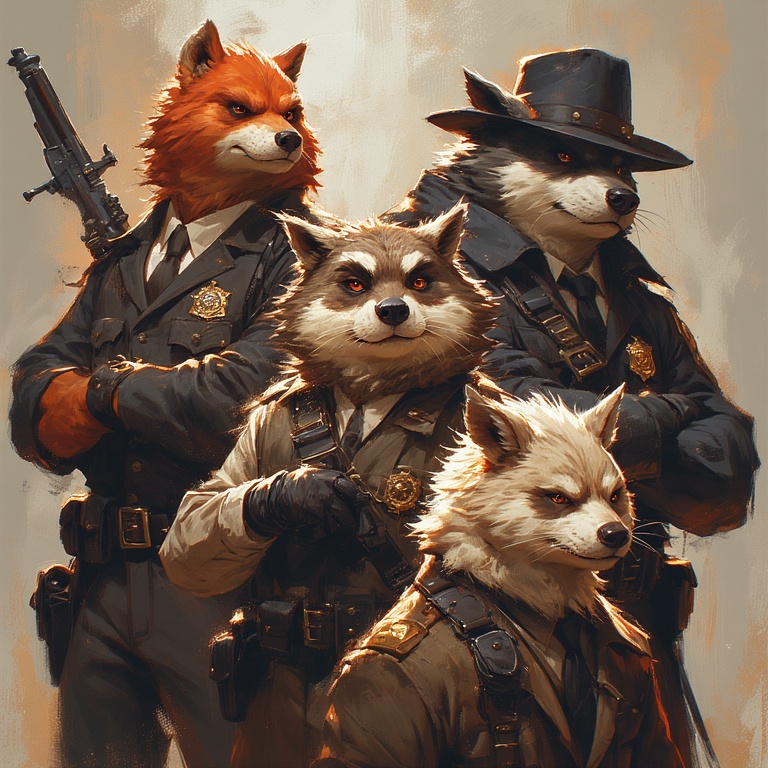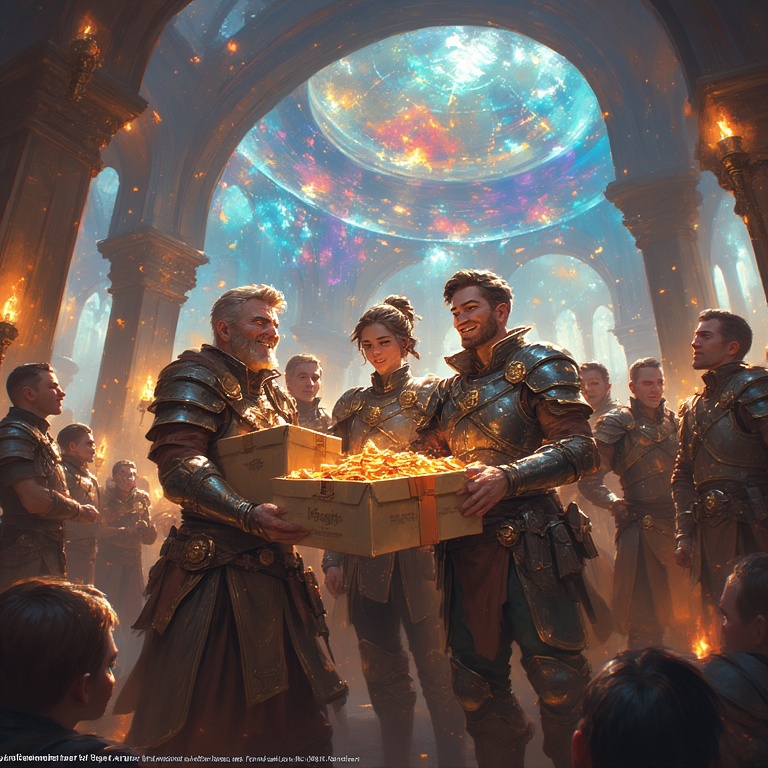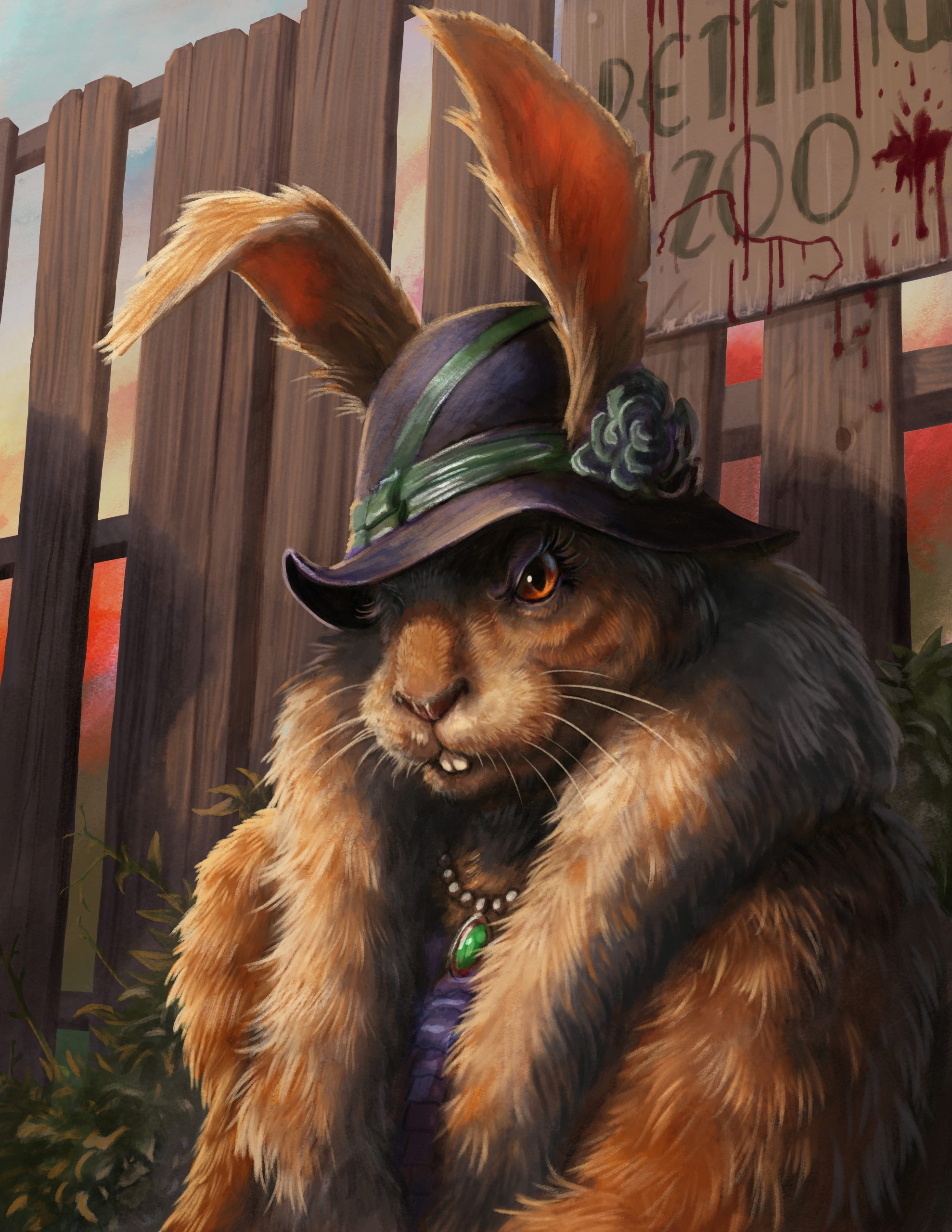
The Rise of Solo RPGs: Why Playing Alone Is One of the Fastest-Growing Trends in Tabletop Gaming
For decades, tabletop RPGs have been defined by groups around a table, bags of dice on hand, and the unpredictable chaos that happens when a party of adventurers tries to solve a simple  problem in the most convoluted way possible. But in recent years, another approach to roleplaying has exploded in popularity:
problem in the most convoluted way possible. But in recent years, another approach to roleplaying has exploded in popularity:
Solo RPGs.
Whether you’re playing because scheduling a group is impossible, you want a more intimate storytelling experience, or you simply enjoy losing yourself in a world of your own creation, solo roleplaying is now easier, deeper, and more supported than ever before.
This post explores what makes solo RPGs work, the best systems to play, which ones might not be ideal for beginners, and how to start your own solo adventures today.
Why Solo RPGs Are Booming
The surge in solo tabletop play isn’t just a niche movement — it’s the natural evolution of the hobby.
-
Flexibility: Play whenever you want, for as long as you want. No scheduling chaos.
-
Creative Freedom: No party disagreements, no railroading — just pure exploration.
-
Low Commitment: Sessions can last 10 minutes or 3 hours. Your choice.
-
Deep Reflection: Journaling-style RPGs let you dig into a character’s inner world.
-
AI & Digital Tools: A new wave of oracles, prompts, and GM emulators make solo play more immersive than ever.
In a world where time is scarce, solo RPGs give players a way to enjoy the hobby on their terms.
What Makes a Great Solo RPG?
Not every RPG is built for solo play — some require heavy GM interpretation or group-based mechanics. Strong solo systems usually include:
Oracles
Random outcome tables or yes/no engines that answer questions like:
“Does the guard believe my lie?”
“Is the dungeon cursed?”
“Is something following me?”
These oracles keep the story dynamic and surprising.
GM Emulators
Systems that simulate what a game master would normally do — introduce twists, generate NPC actions, and create escalating tension.
Prompt-Based Structure
Especially in journaling RPGs, you get scenario prompts that drive narrative choices.
Clear Progress Mechanics
Track quests, hardships, memories, or world changes. Progress keeps solo play structured instead of aimless.
Top Recommended Solo RPG Systems
These are the best and most accessible systems for players wanting to dive into solo play — whether you prefer high adventure, horror, mythic storytelling, or introspective journaling.
⭐ Ironsworn (Fantasy) / Ironsworn: Starforged (Sci-Fi)
Best for: Quest-driven adventures, structured roleplay, deep character arcs.
Why it works:
Ironsworn is the gold standard of solo RPG design. It uses vows (quests), oracles, and action resolution mechanics that keep tension high even without a GM. Starforged takes that same structure into space opera territory.
⭐ Be Like a Crow
Best for: Journaling play, low-prep sessions, atmospheric storytelling.
Why it works:
You literally roleplay as a crow exploring your territory. It’s quiet, weirdly poetic, and uses card prompts to dictate events. Great for beginners.
⭐ Mythic Game Master Emulator (2E)
Best for: Playing any RPG system solo — including D&D, Pathfinder, or your homebrew world.
Why it works:
This is a system-agnostic GM replacement. It gives you tools to generate scenes, conflicts, NPC reactions, mysteries, and unexpected twists. If you want to run D&D alone, Mythic is the go-to.
⭐ Thousand Year Old Vampire
Best for: Emotional, introspective storytelling and long-form journaling.
Why it works:
You chronicle centuries of unlife as a vampire, losing memories as you gain new ones. Beautiful, haunting, and completely unlike traditional RPGs.
⭐ Ruinous Explorations (Worlds Without Number)
Best for: Sandbox exploration, OSR-style delves, worldbuilding.
Why it works:
This supplement turns the already-excellent sandbox RPG Worlds Without Number into a solo exploration machine.
⭐ SoloDark (Shadowdark Solo Rules)
Best for: Dungeon delves, OSR gameplay, tightly structured action.
Why it works:
Shadowdark is already a fast, dangerous dungeon crawler, and SoloDark adds exactly the tools needed to run it alone.
⭐ Oracle-Based AI Supplements (System Neutral)
Best for: Players who enjoy mixing analog tools with AI.
Why it works:
These guides blend human creativity with AI oracles to simulate NPCs, factions, mysteries, and GM-style improvisation. They don’t replace the RPG — they make it easier to stay surprised.
Other Good Solo Options Worth Checking Out
-
Deify – Become a god, manage your domain, deal with worshippers and rivals.
-
Death in Berlin – Noir espionage with narrative prompts.
-
Mech Rider – Solo Lancer mecha missions.
-
The Fog – A tiny horror RPG great for quick sessions.
Systems to Be Cautious With (and Why)
These aren’t “bad” systems — they’re simply not ideal for solo play, especially without additional tools.
⚠️ Extremely Tactical Combat Systems
Games where combat requires managing multi-character tactics or battlefield grids can bog down quickly in solo play unless heavily modified.
Examples:
-
D&D 3.5 / Pathfinder 1e
-
Warhammer Fantasy Roleplay (older editions)
-
Some crunchy sci-fi systems
If the game expects a party of 4–5 to survive, solo balance can get messy fast.
⚠️ Systems With Heavy GM Interpretation
Games that rely on a GM’s ruling for nearly every situation lack the structure a solo game needs.
⚠️ Solo Supplements With Weak Oracles
Some add-on solo engines are too shallow, repetitive, or unclear — which can cause your story to stall out. Always check community reviews.
⚠️ AI-Only “GM Replacements” Without Structure
AI can be great in solo play, but only when paired with a solid framework.
AI alone tends to:
-
Lose track of details
-
Flatten emotional arcs
-
Introduce incoherent plot beats
For best results, mix an AI assistant with a proper set of oracles or a solo engine.
How to Get Started With Solo RPGs
If you’re new to solo play, here’s a simple setup to begin:
-
Pick one system — Ironsworn is the easiest entry point.
-
Create a simple character — don’t overthink it.
-
Use an oracle — yes/no tables keep things flowing.
-
Journal lightly — notes help you track your story.
-
Play in small bursts — 20–40 minutes is perfect.
-
Embrace surprise — the joy of solo play is not knowing what happens next.
Why You Should Try a Solo RPG
Solo RPGs offer a unique flavor of storytelling:
-
They’re meditative.
-
They’re unpredictable.
-
They’re deeply personal.
-
They turn worldbuilding and character arcs into something intensely immersive.
You’re not performing for a group. You’re telling a story for yourself — and that freedom leads to some of the most memorable roleplaying moments you’ll ever experience.
Final Thought: Your Next Adventure Awaits — No Party Required
Solo RPGs aren’t a consolation prize for people without a group — they’re a full, rich, rewarding way to experience the magic of tabletop storytelling. Whether you’re journaling the tragic memories of an immortal vampire, exploring a vast fantasy world with oracles as your guide, or diving through dark dungeons alone by lantern light, solo play offers a new dimension of roleplaying that’s worth exploring.
Pick a system, grab a notebook (or a character sheet), and start your journey.
Your story is waiting.
Thanks for reading. Until Next Time, Stay Nerdy!!











No Comments